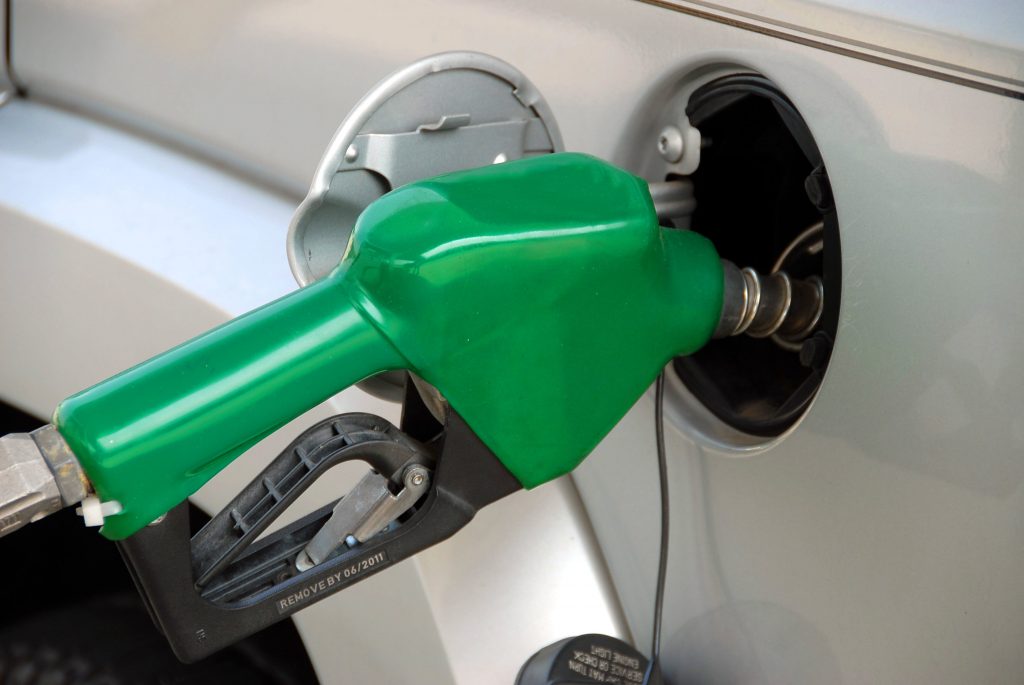A new report by Leaders LIVE has claimed battery electric vehicles cannot be the only solution to achieve net zero greenhouse emissions and there needs to be more options.
According to the report, emissions have reduced since 1990 but the UK is set to fall behind by 2023. This is due to the fact that to have a real impact on emissions from road transport there is a need to address the decarbonisation of both vehicle and fuel to have any real hope of meeting the climate reduction ambitions.
The report also highlights how renewable fuels and low carbon fuels designed for the internal combustion engine that can be made from biomass (biofuels) or from low carbon electricity (E-fuels) can substitute fossil fuels and significantly reduce the carbon emissions from a vehicle.
Electrofuels are synthetic fuels manufactured using captured carbon dioxide or carbon monoxide together with hydrogen. According to a German Energy Agency (Dena) study E-Fuels are necessary to meet the EU climate targets within the transport sector, with over 70% of the final energy demand of all transport modes being met by E-fuels in 2050.
The report has explained how both BEV and Hydrogen vehicles will require significant infrastructure investment, for charging or refuelling. It is estimated that a further £16.7 billion investment is needed in home and on-street charging infrastructure in order to be able to meet EV demand. An earlier phase out of ICE and Hybrid vehicles would require this investment to be made over a shorter time frame.
According to Leaders LIVE the focus should be on the decarbonisation of the fuel not the vehicle, in order to meet the country’s climate change ambitions.
Also, the research highlighted the fact that there is a need to recognise the differing technology needs of different vehicle types. Electrification is likely to be the most suitable application for shorter journeys or those with a predetermined mission/cycle. However, hydrogen-fuelled derivatives would be better suited for longer journeys or those with an unpredictable/varied cycle.
Therefore, a ban on internal combustion engines might not be the best approach to reach the ambitious goal of net zero greenhouse emissions, according to Dr Uwe Gackstatter, President of Bosch Powertrain Solutions, speaking at the report launch event this week.
“Yes, we have a clear target to come to CO2 neutrality in the UK by 2050 but please allow the engineers and the scientist to decide how and what to do,” he said. “Give the engineers the task to support and to help mobility become CO2 neutral but please do not ban the technology.”
Gackstatter explained that when President John F. Kennedy said that a man would go on the moon at the end of the decade, he did not tell the engineers what to do to get there nor banned the fuel they used. He explained that it is the job of politicians to set the targets, but it should be the scientists’ job to choose the most efficient way to get there.
